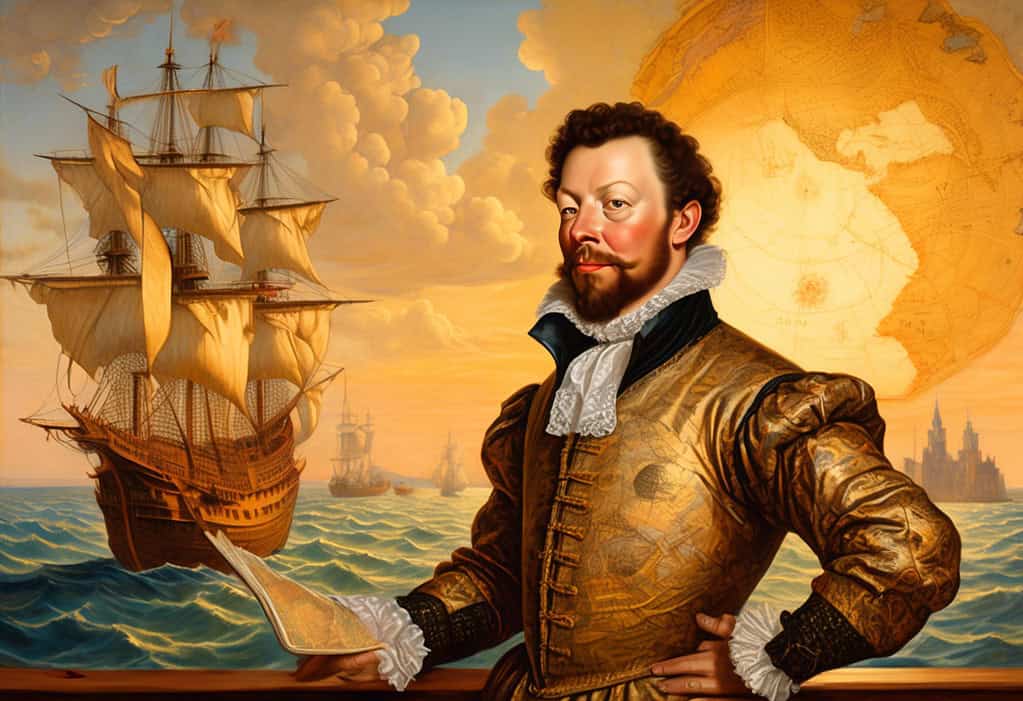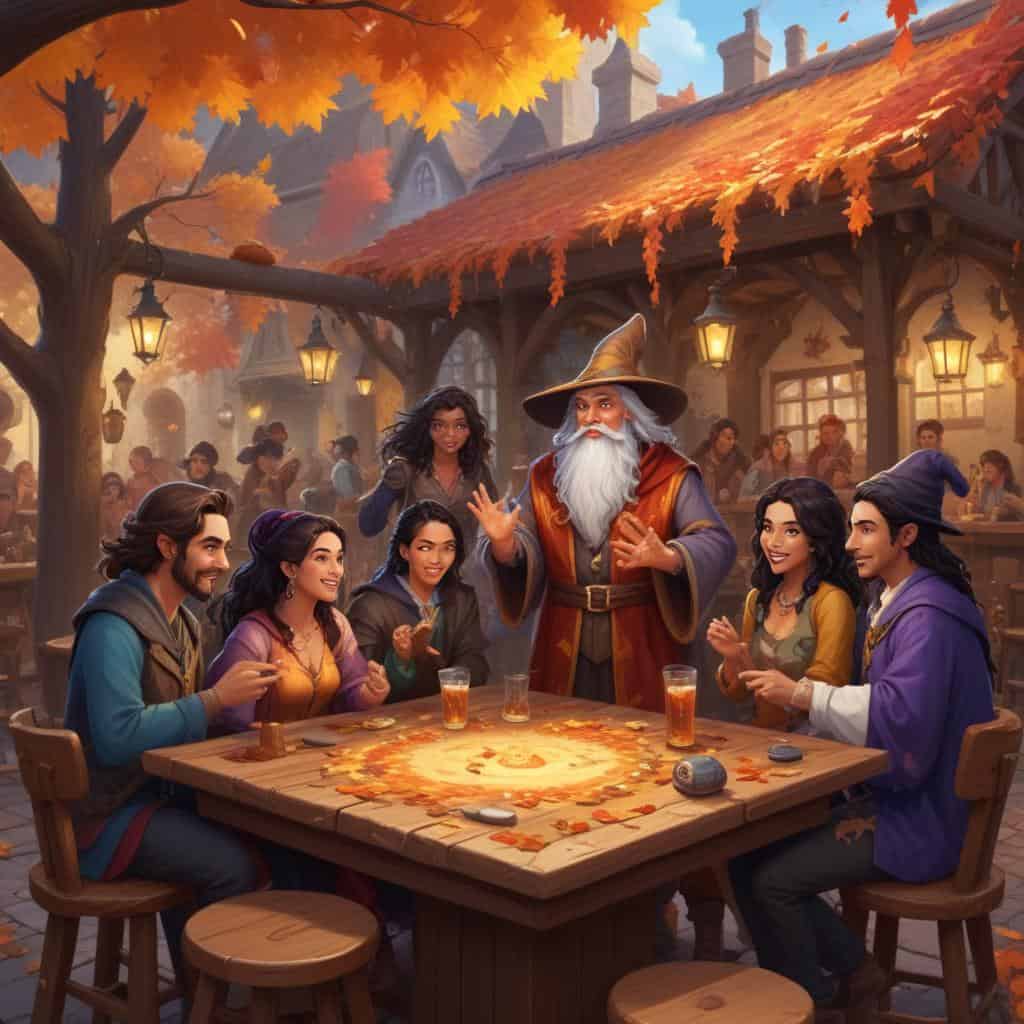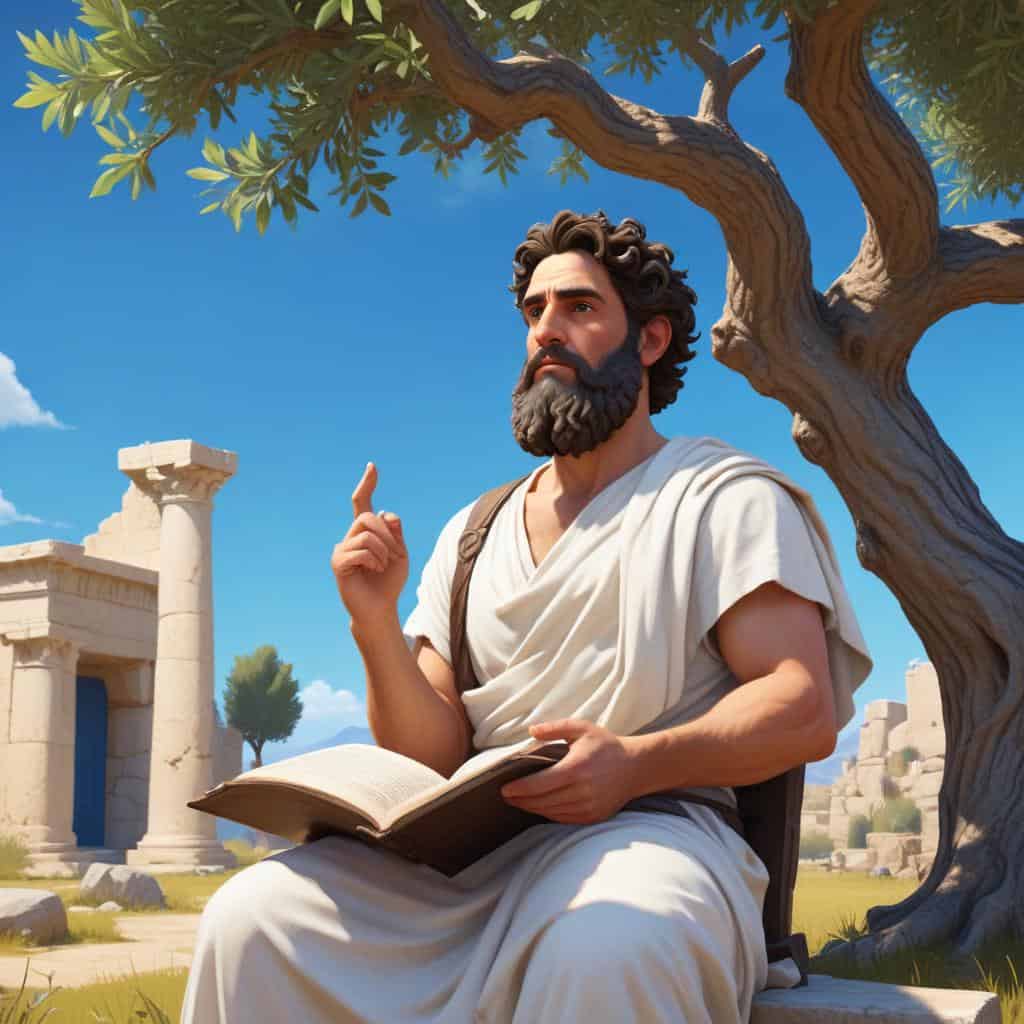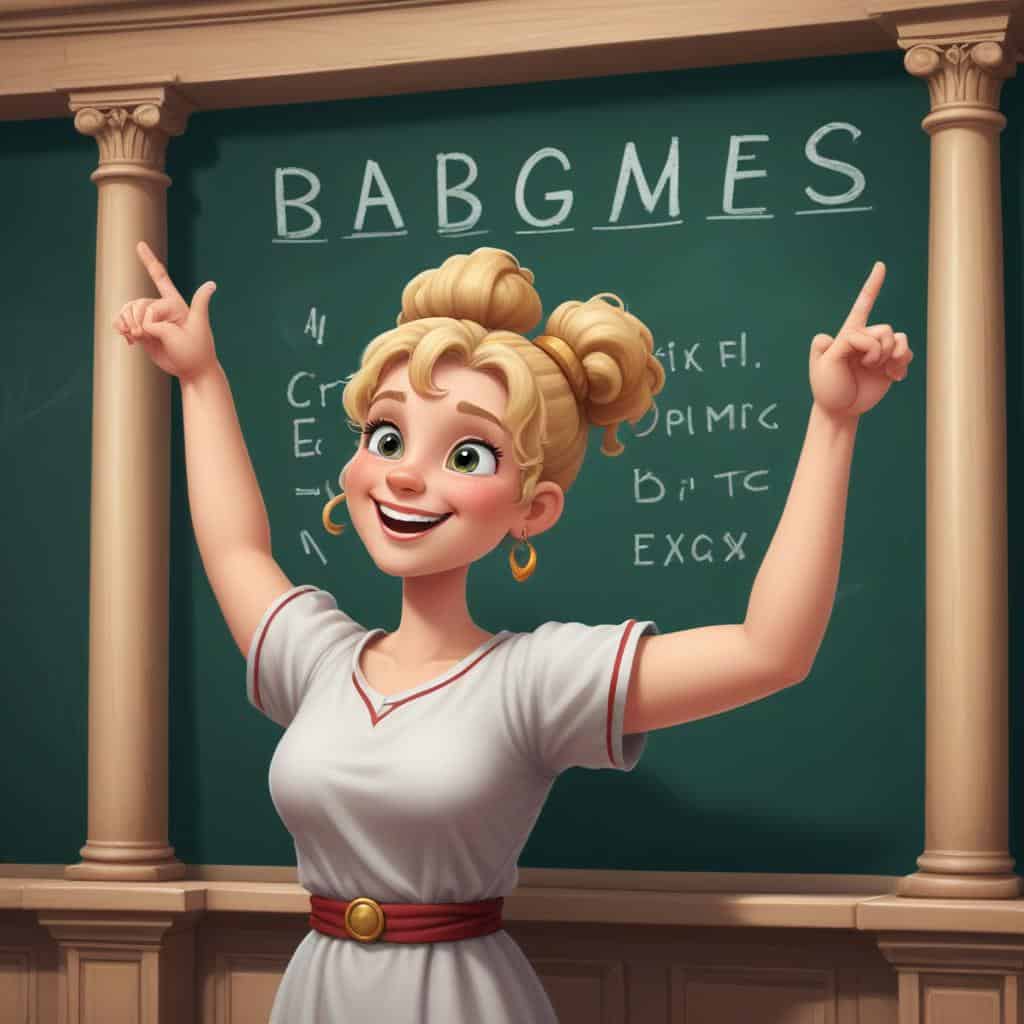The Age of Discovery was a period of exploration and expansion in the 15th to 17th centuries. Ships traveled to new lands, discovering new trade routes and cultures. These explorations led to the exchange of goods, ideas, and knowledge between different parts of the world. The Age of Discovery had a significant impact on global history, shaping the world as we know it today.
Summary List
- Age of Discovery was a period in European history from the 15th to 17th centuries.
- During this time, European explorers sailed the seas to discover new lands and trade routes.
- Explorers like Christopher Columbus, Vasco da Gama, and Ferdinand Magellan made important discoveries during this period.
- The Age of Discovery led to the colonization of the Americas, Africa, and Asia by European powers.
- This period had a significant impact on global trade, culture, and the spread of Christianity.
Games and Apps
Learning Modules for Age of Discovery
Christopher Columbus
Christopher Columbus, the famed explorer, is known for his historic voyage in 1492 that led to the discovery of the Americas. Despite controversy surrounding his legacy, Columbus's journey opened up a new world of exploration and trade, forever changing the course of history.
I Want To Learn This!Vasco da Gama
Vasco da Gama was a Portuguese explorer who led the first expedition by sea from Europe to India, opening up a lucrative trade route. His journey was a historic milestone in the Age of Exploration, solidifying Portugal's status as a global power and changing the course of world history.
I Want To Learn This!Ferdinand Magellan
Embark on a journey of discovery with the Ferdinand Magellan Explorer, inspired by the legendary explorer himself. This exquisite piece is perfect for any history buff or adventurer, with intricate detailing and a sense of wanderlust that will inspire you to explore the world around you. Add a touch of exploration and curiosity to your collection with the Ferdinand Magellan Explorer.
I Want To Learn This!Amerigo Vespucci
Amerigo Vespucci, an Italian explorer, was one of the first to suggest that the lands discovered by Christopher Columbus were part of a new continent, not Asia. His voyages and detailed maps played a crucial role in shaping our understanding of the Americas and their place in the world.
I Want To Learn This!Hernán Cortés
Hernán Cortés was a Spanish conquistador who led the expedition that caused the fall of the Aztec Empire. Known for his strategic prowess and determination, Cortés's conquest of Mexico in the early 16th century forever changed the course of history in the New World.
I Want To Learn This!Francisco Pizarro
Francisco Pizarro was a Spanish conquistador who led the expedition that conquered the Inca Empire in 1533. Known for his ruthless tactics and ambition, Pizarro's conquests changed the course of history in South America. His legacy is one of power, wealth, and controversy.
I Want To Learn This!John Cabot
John Cabot, a skilled Italian navigator and explorer, is best known for his voyage to North America in 1497. Sailing under the English flag, Cabot's expedition paved the way for future exploration and settlement of the New World. His contributions to history remain significant to this day.
I Want To Learn This!Henry Hudson
Henry Hudson was an English explorer known for his attempts to find a northwest passage to Asia. His voyages led to the discovery of Hudson Bay and the Hudson River, but ultimately ended in tragedy as he and his crew were abandoned and left to perish in the Arctic.
I Want To Learn This!Sir Francis Drake
Sir Francis Drake was a legendary English explorer and naval commander known for his daring voyages around the world. His adventures included circumnavigating the globe, raiding Spanish ships, and playing a key role in defeating the Spanish Armada. Drake's legacy as a fearless adventurer and hero of the seas lives on.
I Want To Learn This!Juan Ponce de León
Juan Ponce de León, a Spanish explorer, is best known for his search for the legendary Fountain of Youth in Florida. His expeditions to the New World led to the discovery of Florida and the establishment of the first European settlement in Puerto Rico. His legacy continues to captivate historians and adventurers alike.
I Want To Learn This!Pedro Álvares Cabral
Pedro Álvares Cabral, a Portuguese explorer, is best known for his role in the discovery of Brazil in 1500. Sailing westward to India, he accidentally stumbled upon the South American coast and claimed it for Portugal. His expedition opened the door to centuries of colonization in the region.
I Want To Learn This!Jacques Cartier
Jacques Cartier was a French explorer who is credited with discovering Canada in the early 16th century. His expeditions laid the foundation for French colonization in North America and his discoveries greatly influenced European exploration of the New World. Explore the life and adventures of this legendary explorer.
I Want To Learn This!Samuel de Champlain
Samuel de Champlain, known as the "Father of New France," was a French explorer and cartographer who played a key role in establishing the first permanent European settlement in North America. His adventurous spirit and determination to explore new lands left a lasting impact on Canadian history.
I Want To Learn This!Bartolomeu Dias
Bartolomeu Dias was a Portuguese explorer who became the first European to sail around the southern tip of Africa in 1488. His groundbreaking voyage paved the way for future explorers and changed the course of world history. Discover the adventures and challenges faced by this intrepid sailor in his quest for discovery.
I Want To Learn This!












